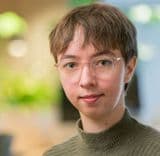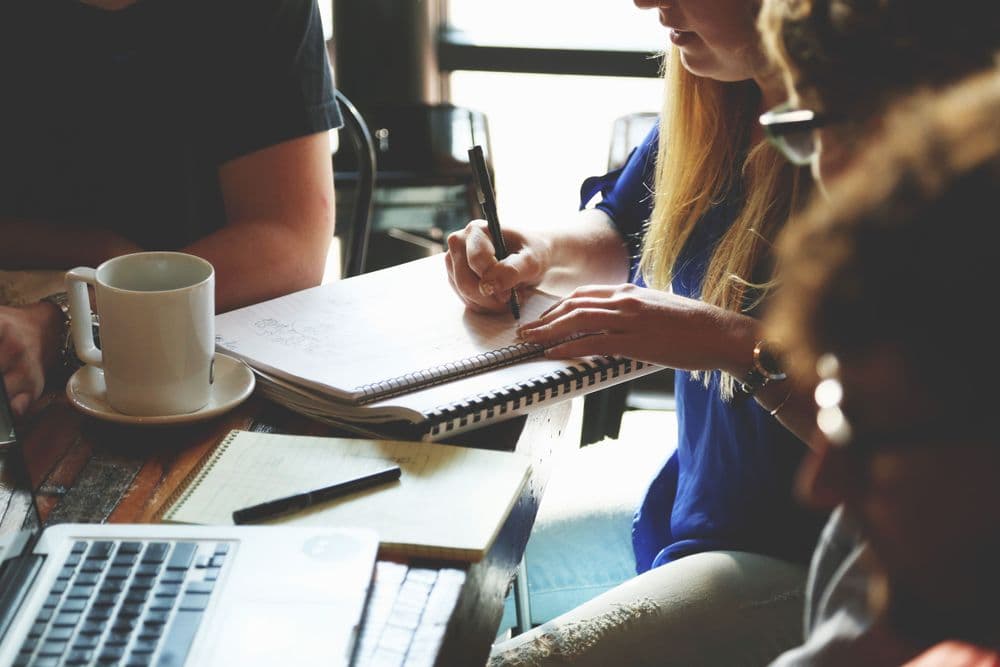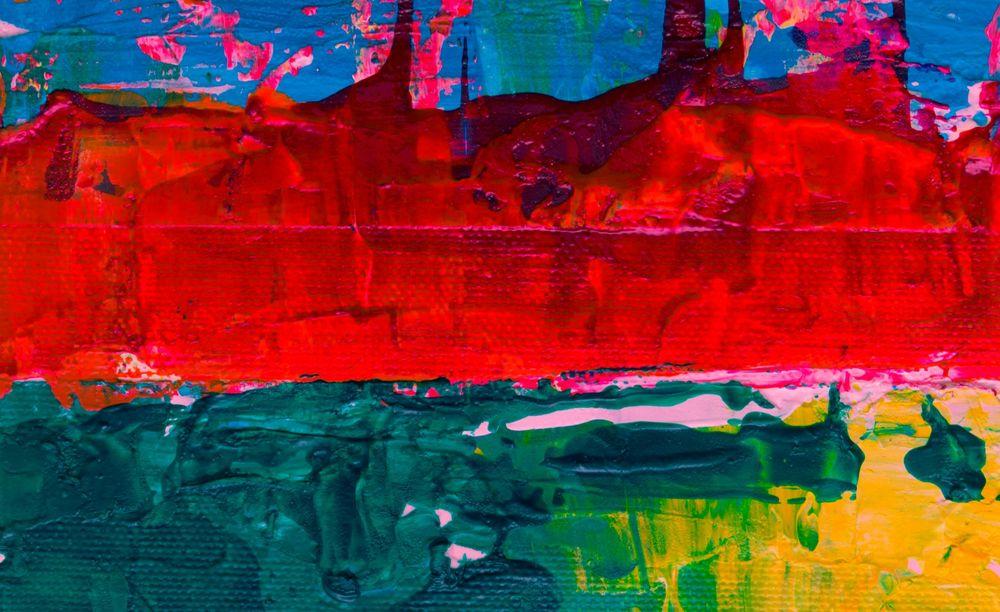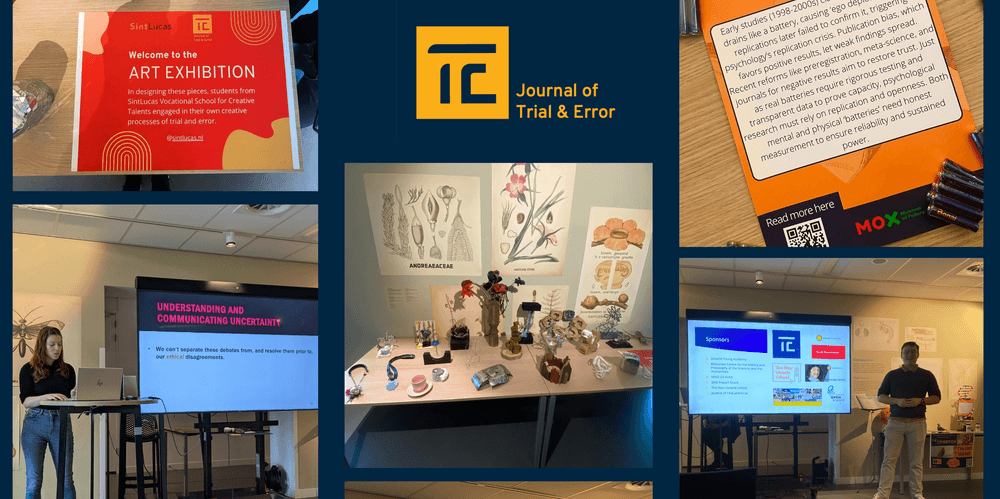~ 3 min read
The Open Science Summer School Experience
When I first heard the term “open science” and realised what it meant, I thought, well, that sounds good, how hard can it be? It turns out that the answer to that question is: very. During the last week of August, the Utrecht University library had organised a summer school that dealt explicitly with open science and how it can best be incorporated into researchers’ workflow. Luckily, we were in attendance and - amazingly - we also managed to present our journal!
Because the summer school was dedicated to re-evaluating the research workflow in its entirety, we discussed every possible component of this, from preparation to literature review and analysis, to outreach. Perhaps unsurprising to you, but very surprising to me, each of these phases can be evaluated and improved upon by open science and this made the summer school an incredibly intense, but valuable experience. Another pleasant surprise was that several of the participants in the course had already heard of us and every one of them was incredibly enthusiastic about the ideas behind the journal! I realised we might have been preaching to the choir somewhat, but it was a great experience nonetheless.
The summer school provided a wonderful overview of current developments within the open science movement. It gave us tools to annotate our research papers in an open way (if you use Google Chrome, that is), explained the technicalities of open science publishing (and the copyright implications), and most importantly: it highlighted all possible lunches at the Utrecht Science Park.
Upon presenting our work to the Open Science audience, we received a lot of comments and were able to open the floor to a debate about the importance of negative results and publishing in various disciplines of science. Participants in the summer school were mostly geography and urban planning or psychology researchers, which meant there were many different perspectives to be discussed. It was fascinating to hear that in some universities and fields of study, publishing negative results is not an abnormality at all and negative results are already seen as valuable. This gave me hope that one day, we might be able to push for this mindset throughout all fields of science. If they can do it, why wouldn’t we be able to, right?
While the whole debate was interesting, and the audience posed many engaging questions, the best question we received was about the process of becoming a journal: how did we go about it, and how did we experience the whole thing? As you can see on this blog, we are doing it by keeping all of you perfectly updated on everything that’s going on with us, prioritizing transparency and the candid expression of our experiences. After all, if we aren’t open about that, we would not be the exceptional, innovative project that we are.

Alex holds a Bachelor of Arts in Philosophy from Utrecht University and has been involved with the Centre of Trial and Error since its conception. They study European history at Maastricht University, in the Research Master European Studies.
License
The Open Science Summer School Experience by Alex Visser is licensed under a Creative Commons Attribution 4.0 International License.




